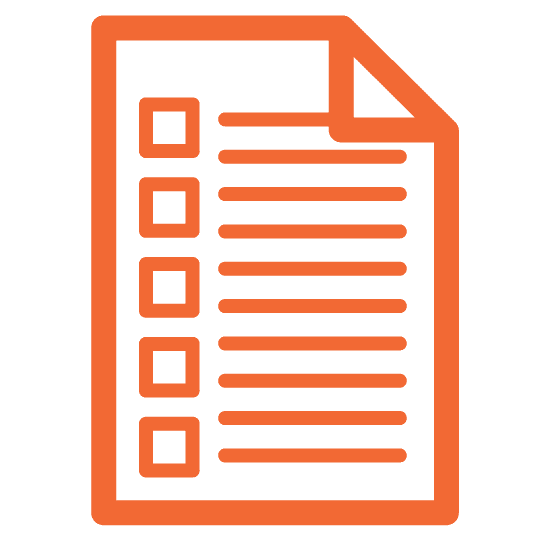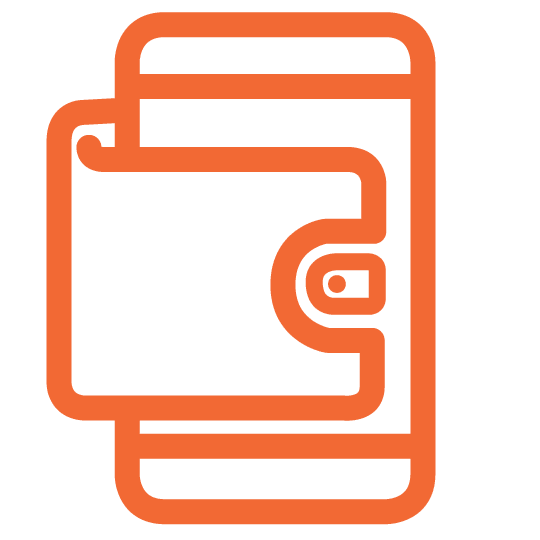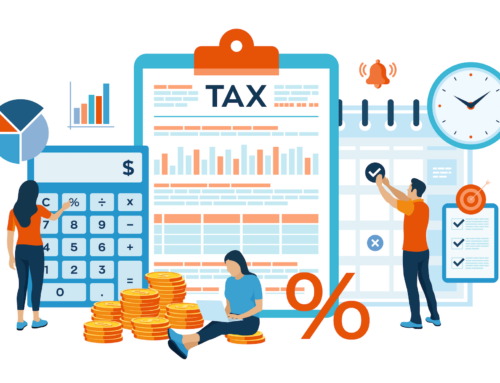7 TIPS TO PREVENT TAX ID FRAUD
TAKE EXTRA PRECAUTION WHEN FILING
As the 2019 tax season gets underway, North Shore Trust and Savings is urging all customers to take extra precaution when filing their return to prevent their exposure to tax fraud. Tax identity fraud takes place when a criminal files a false tax return using a stolen Social Security number in order to fraudulently claim the refund.
Fraudsters are using very clever tactics, such as sending threatening demand notices via regular mail and e-mail, followed by impersonating an IRS agent on the telephone to collect your information. Consumers must be suspicious of any communication from the IRS — through email, text or social media — that requests personal information, and should keep a watchful eye out for missing W-2s and mail containing sensitive financial information. The identity thieves will use your stolen information to file a false tax return that results in a large refund. The IRS has said that most of these false returns are submitted early in the filing period leaving the victims unaware until they file a return later, only to find one has already been submitted in their name.
TO HELP CONSUMERS PREVENT TAX ID FRAUD, NORTH SHORE TRUST AND SAVINGS IS OFFERING THE FOLLOWING TIPS:

FILE EARLY
File your tax return as soon as you’re able, giving criminals less time to use your information to file a false return. North Shore Trust makes your documents available for download from the same secure server that houses your electronic statements within iBanking. These documents are posted before we mail the hard copies so you do not need to wait for the originals to arrive in the mail.

FILE ON A PROTECTED WIFI NETWORK
If you’re using an online service to file your return, be sure you’re connected to a password-protected personal network. Avoid using public networks like a Wi-Fi hotspot at a coffee shop.

USE A SECURE MAILBOX
If you’re filing by mail, drop your tax return at the post office or an official postal box instead of your mailbox at home. Some criminals look for completed tax return forms in home mailboxes during tax season.

FIND A TAX PREPARER YOU TRUST
Even if you have always calculated and filed your own taxes, there are many reasons to consider hiring a professional. Whether you have experienced a unique life-event that has special tax considerations, or simply have questions about how the new tax plan will impact you, a tax professional can help. If you’re planning to hire someone to do your taxes, get recommendations and verify they are certified before handing over all of your financial information. Certified Public Accountants are licensed and must remain abreast of all applicable rules and regulations.

SHRED WHAT YOU DON’T NEED
Once you’ve completed your tax return, shred the sensitive documents that you no longer need and safely file away the ones you do. North Shore Trust will accept reasonable amounts of paperwork from our customers and shred it for you.

BEWARE OF PHISHING SCAMS BY EMAIL, TEXT OR PHONE
Scammers may try to solicit sensitive information by impersonating the IRS. Know that the IRS will not contact you by telephone, email, text, or social media. If the IRS needs information, they will contact you by mail first. If you believe the IRS may be trying to get in touch with you, consult your tax professional. They will know the proper way to handle the situation at hand. Paying a professional a few bucks could keep you from losing much more to a fraudster.

KEEP AN EYE OUT FOR MISSING MAIL
Fraudsters look for W-2s, tax refunds or other mail containing your financial information. If you don’t receive your W-2s, and your employer indicates they’ve been mailed, or it looks like it has been previously opened upon delivery, contact the IRS immediately.
If you believe you’re a victim of tax identity theft, or if the IRS denies your tax return because one has previously been filed under your name, alert the IRS Identity Protection Specialized Unit at 1-800-908-4490. In addition, you should
- Respond immediately to any IRS notice and complete IRS Form 14039, Identity Theft Affidavit.
- Contact your bank immediately, and close any accounts opened without your permission or that have been tampered with.
- Contact the three major credit bureaus to place a fraud alert on your credit records:
- Equifax, www.Equifax.com, 1-800-525-6285
- Experian, www.Experian.com, 1-888-397-3742
- TransUnion, www.TransUnion.com, 1-800-680-7289
Continue to pay your taxes and file your tax return, even if you must do so by paper.
More information about tax identity theft is available from the FTC at ftc.gov/taxidtheft and the IRS at irs.gov/identitytheft.














